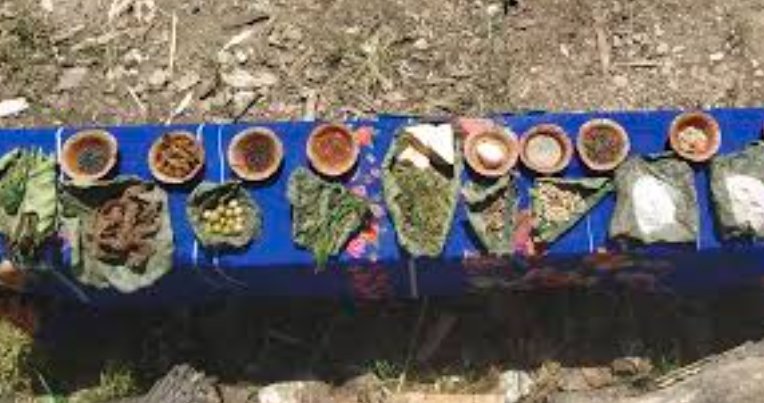The cannabis industry is making strides toward sustainability, and a significant focus is on the environmental impact of packaging waste. AE Global is stepping up its efforts by bringing its “Talk Trash” initiative to the MJBizCon, which will be held from December 3-6 in Las Vegas. The conference, recognized as the largest cannabis business event globally, will showcase AE Global’s partnership with Ocean Recovery Group and rePurpose Global to tackle the problem of ocean-bound plastic.
Talk Trash: A Unique Initiative for Cannabis Packaging Sustainability
The “Talk Trash” initiative is centered around diverting ocean-bound plastic from waterways. AE Global, together with its partners, works to collect waste plastic, convert it into pellets, and integrate these pellets into the supply chain for re-manufacturing. The goal is to reduce the impact of plastic waste, especially in industries like cannabis, where packaging waste has become a significant environmental concern.
The plastics being processed through Talk Trash include PET (Polyethylene Terephthalate), HDPE (High-Density Polyethylene), and PP (Polypropylene), which are commonly used in cannabis packaging. By transforming this waste into usable material, Talk Trash creates a circular solution to the growing plastic problem.
At MJBizCon, all waste, recycling, and composting receptacles will be branded with Talk Trash logos and messaging. These will include educational information to raise awareness about the environmental impact of plastic waste and encourage attendees to think more critically about their packaging practices.

Cannabis Packaging: A Growing Environmental Concern
Plastic waste is a hot topic in the cannabis industry, particularly when it comes to packaging. Cannabis packaging must meet strict regulations, including child-resistant requirements, which can make it difficult for companies to choose environmentally friendly materials. Additionally, cannabis packaging laws vary from state to state, which complicates the process for multistate operators trying to streamline their supply chains.
AE Global recognizes the challenges the cannabis industry faces but believes that sustainability is an attainable goal. Through the Talk Trash initiative, AE Global aims to encourage cannabis brand owners to consider packaging solutions that reduce plastic waste and are aligned with environmental standards.
Innovative Solutions to Tackle the Plastic Waste Problem
One key offering for cannabis brands is AE Global’s partnership with rePurpose Global. Cannabis brand owners can collaborate with AE Global to achieve plastic-neutral or even plastic-negative certification. The plastic-neutral certification ensures that brands remove from the environment the same amount of plastic they use. Meanwhile, plastic-negative certification means brands are removing more plastic than they use, providing an added environmental benefit.
Early adopters of the Talk Trash program include City Trees, Coast Cannabis Co., and INSA, all of which are committed to reducing their plastic waste footprint. By working with AE Global and adopting plastic-neutral or -negative packaging, these brands are demonstrating that sustainability can coexist with the growing demand for cannabis products.
Getting the Message Across at MJBizCon
AE Global’s presence at MJBizCon aims to spark conversation and action on sustainable packaging. The team will be engaging with cannabis industry leaders and offering practical solutions for packaging waste reduction. One of the highlights of AE Global’s efforts will be the “trash-talking” sessions on sustainable packaging practices. These sessions will provide attendees with insights into eco-friendly packaging options, as well as the benefits of plastic-neutral and plastic-negative certifications.
In addition to waste management at the conference, the initiative will help build awareness about the larger issue of ocean-bound plastic. While the primary goal is to reduce plastic waste, AE Global stresses that the cannabis industry needs to build infrastructure that prevents plastic waste from entering waterways in the first place. Without such infrastructure, cleanup efforts, while important, can only do so much.



